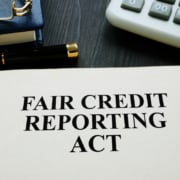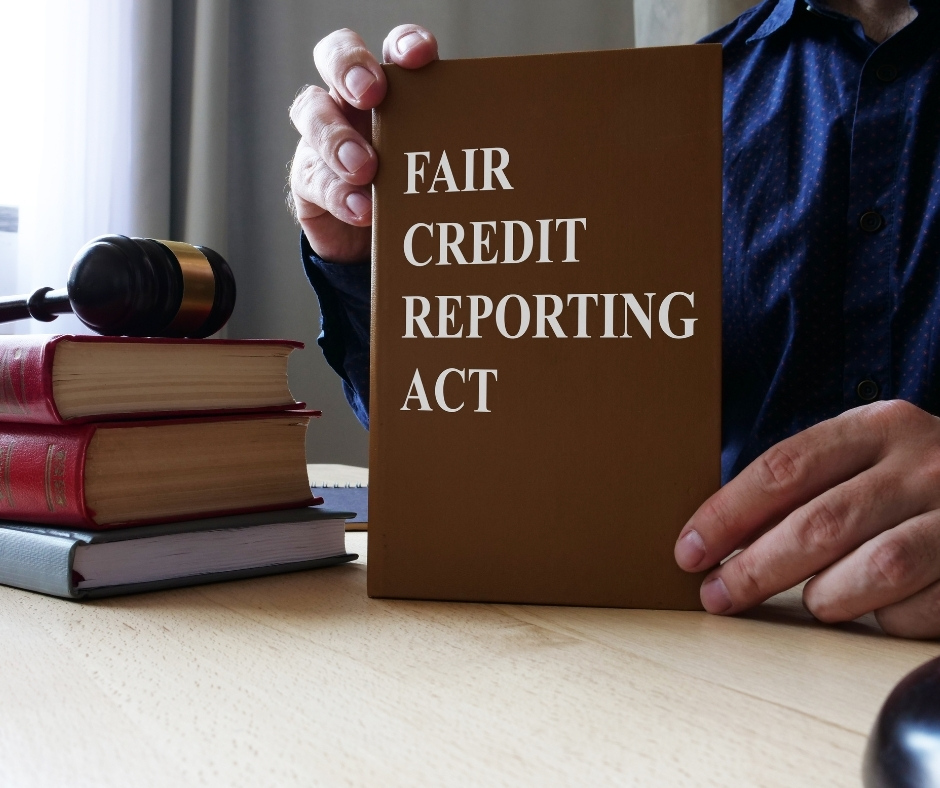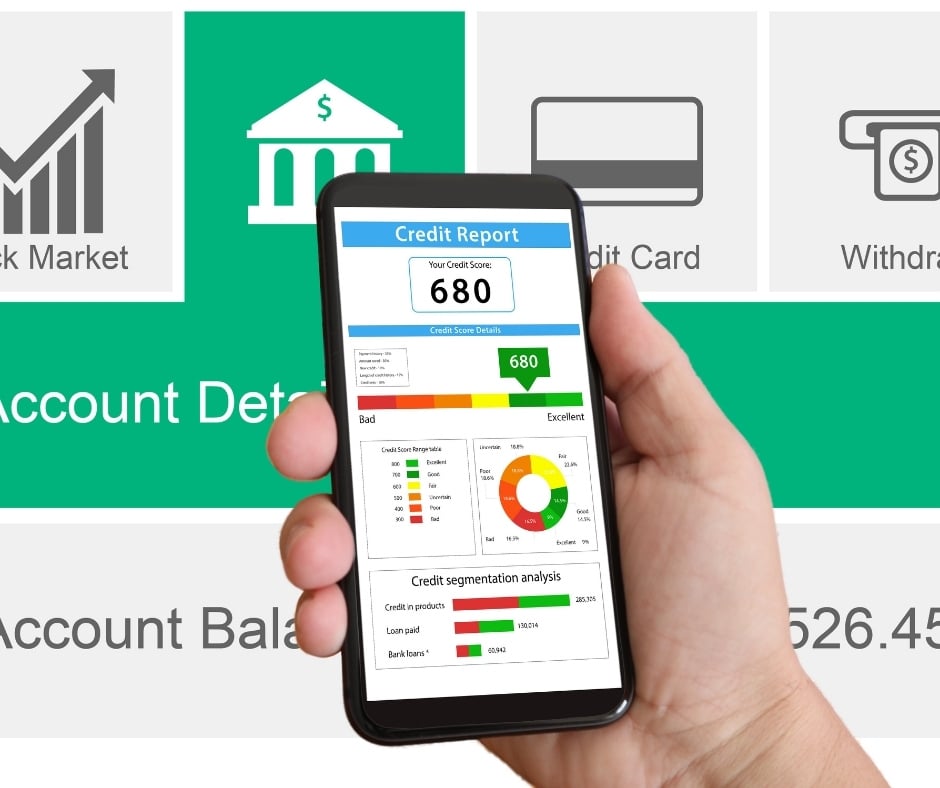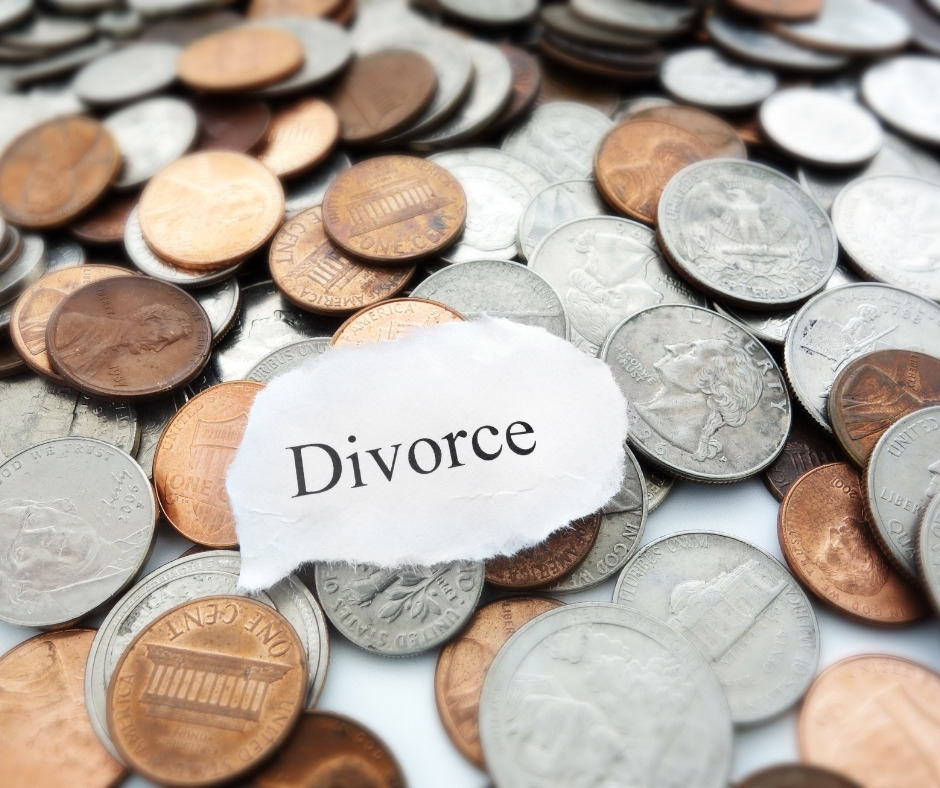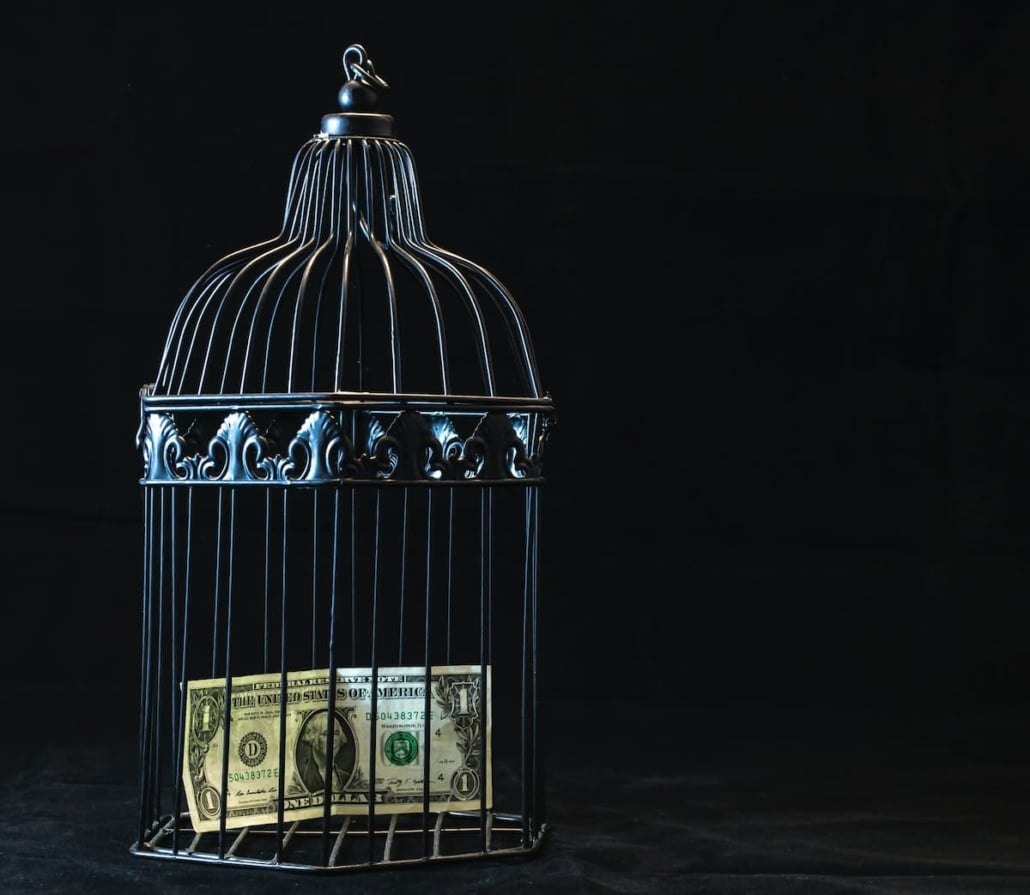What Are FCRA Dismissed Bankruptcies?
Bankruptcy is a legal process that helps individuals or businesses eliminate or repay their debts. In some cases, however, bankruptcy may be dismissed. A dismissal can happen for several reasons, such as if the debtor does not follow the rules of the bankruptcy process or if the debtor’s creditors object to the discharge of the debt.
The FCRA was created to protect consumers’ rights. This law also requires credit agencies to ensure the information they have about you is correct. The regulation says what information should be in consumer reports. It also says that if people think this information is wrong, they can ask to have it changed.
What is the FCRA?
The Fair Credit Reporting Act (FCRA) is a federal law that sets rules for obtaining and viewing credit reports. It was passed in 1970 to assure the fairness, accuracy, and privacy of personal information stored by the credit reporting agencies files.
The Fair Credit Reporting Act is a law that sets rules for how credit information about consumers can be collected, kept, and shared. This includes managing how long information can be kept and how it can be shared with consumers.
What does FCRA mean on a credit report?
The Fair Credit Reporting Act (FCRA) is a federal law that promotes the accuracy, fairness, and privacy of information in the files of consumer reporting agencies. The FCRA regulates how these agencies collect, use, and share consumer credit information.
When bankruptcy is dismissed, the debtor will still be responsible for repaying their debts. In some cases, the dismissal may be reported to the credit reporting agencies, which could impact the debtor’s credit score.
If you’re considering filing for bankruptcy, it’s important to understand the process and the potential consequences, including a dismissal. An experienced bankruptcy attorney can help you navigate the process and protect your rights.
Who is covered under FCRA?
Consumer reporting agencies must follow the stipulations of the FCRA. A consumer reporting agency collects and sells information about you to third parties.
The most well-known consumer reporting agencies in the United States are:
- Equifax
- Experian
- TransUnion
The FCRA guarantees that you are informed if information in your credit file is used against you to prevent you from obtaining credit, getting a job, or collecting insurance benefits.
You are allowed by the FCRA to request all the information a credit reporting agency has on you. This is called a “file disclosure.”
What is an FCRA adverse action letter?
An adverse action letter is a notice that informs you that your credit application, job application, insurance application, or other applications for benefits have been rejected due to information in a credit report.
It should state which credit reporting agency was used and how to contact them.
You have the right to know why you were denied based on information in your credit report. You also have the right to get a free copy of your credit report from the credit reporting agency if the denial was due to information in your credit report.
What is FCRA disclosure?
The disclosure is the first stage in performing an FCRA-compliant background check, and it is the process of notifying an applicant about the intent to conduct a background check on them.
A clear statement that a background check will be utilized to influence an employment choice is required.
The name of the vendor must be stated if the recruiting business is outsourcing the evaluation to a third party, such as a Consumer Reporting Agency (CRA).
The Fair Credit Reporting Act (FCRA) is a federal statute that requires you to inform prospective employees or applicants that their credit reports will be obtained by a credit reporting agency. This is so they can inform their prospective employers ahead of time if there are any issues with their credit, allowing them to address them before being hired.
What does it mean when it says “FCRA requirements”?
After an inquiry has been conducted, credit agencies can add a note to the account stating it was disputed, as well as “FCRA requirements” at the end of the statement.
Why? If a consumer disputes information on their credit report and the credit bureaus find that it is correct, a statement claiming that the account “meets FCRA requirements” may be added.
It can also be inferred that all data is correct and in compliance with federal rules.
What are your rights under the FCRA?
First, you have the right to be told if someone has used your credit report to deny you credit, insurance, or a job. If this happens, the person who denied you must tell you the name, address, and phone number of the agency that provided the information.
Second, you have the right to know what is in your file. You have the right to access and obtain all of the information about you in a consumer reporting agency’s files.
Third, you are entitled to a free file disclosure if you have been the target of adverse action due to material in your credit report.
If you were a victim of identity theft, placed a fraud alert in your file, have incorrect information as a result of fraud, are on public assistance and expect to apply for work within 60 days, or if you’re currently unemployed but plan to seek employment in the next six months you can also have a free file disclosure.
Fourth, you have the right to obtain a credit score, a numerical summary of your creditworthiness based on data supplied by credit bureaus.
Last but not least, you have a legal right to challenge incorrect or incomplete information.
You should also be aware that only those with a genuine need have access to your file. Employers will be informed of your records only if you give consent.
Who enforces the FCRA?
Since the moment the legislation was approved, the FTC has had exclusive enforcement power under the FCRA. The Federal Trade Commission is an agency of the United States government that helps people by enforcing antitrust laws and promoting consumer protection.
The FTC is the federal government’s only consumer protection and competition agency in a number of sectors. The FTC pursues effective and aggressive law enforcement, as well as consumers’ interests.
FAQ
Can you remove dismissed bankruptcies from your credit report?
The answer is no. You will not be able to remove a bankruptcy from your credit report. It will be removed automatically after seven or 10 years, depending on the kind of bankruptcy you filed.
Can credit repair companies remove bankruptcies?
Not necessarily. There is no such thing as a “quick fix” for credit problems. Credit repair businesses can dispute negative items on your credit reports to fix them. Many, though, are fraudulent and disappear when you pay them.
Remember that you can take similar actions as a credit repair firm for free or with the help of a bankruptcy lawyer. Obtaining copies of your credit reports from the three national credit bureaus Equifax, Experian, and TransUnion is a wonderful first step.
How much will the credit score increase after Chapter 7 falls off?
If you have a Chapter 7 bankruptcy fall off your credit report, you can expect your credit score to go up by around 50-150 points after two to three months. Then it generally hovers around 500 to 550 for the typical debtor.

